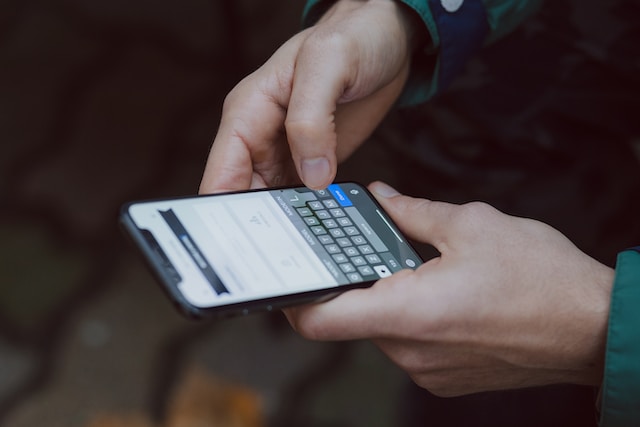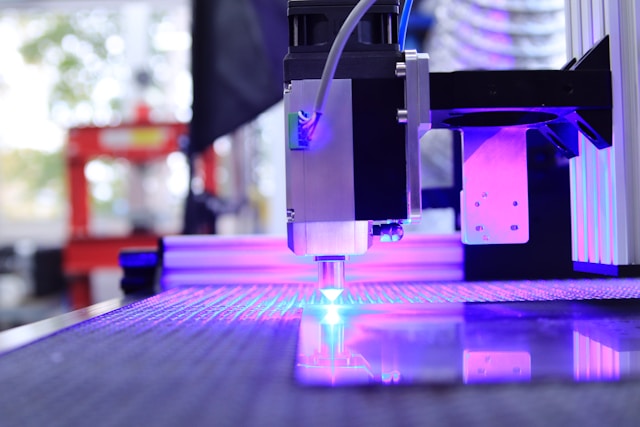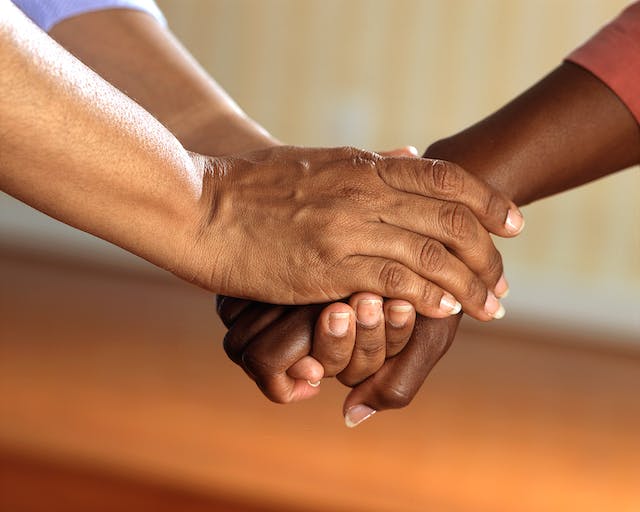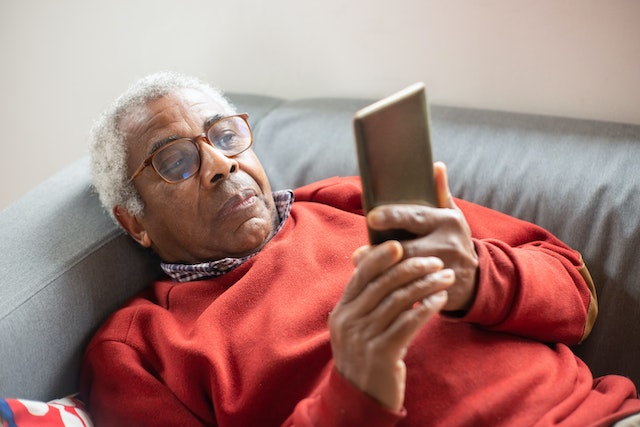Being a caregiver is both a noble duty and a demanding journey, often filled with varied demands and complexities. Fortunately, the advent of technology has ushered in a new era in caregiving, presenting innovative solutions that mitigate the burdens and improve the quality of care.
From streamlining medication management to offering emotional support and bolstering safety measures, here are seven outstanding tech tools designed to simplify the lives of caregivers and make them more manageable.
1. Smartphone Applications for Caregivers
The surge of smartphone applications specifically for caregivers has been transformative. These apps feature a host of functionalities, from scheduling appointments and monitoring health metrics to enabling communication between caregivers and health professionals. Additionally, some apps offer tools for managing caregiving tasks, such as creating to-do lists, storing essential documents, and even providing stress-relief methods through mindfulness or relaxation techniques.
2. Medical Alert Systems
A critical tool for caregivers is the use of medical alert systems. These systems, often comprising wearable devices, facilitate immediate contact with emergency responders or designated contacts during a medical emergency. They provide peace of mind for caregivers and independence and safety for care recipients. With features like fall detection and GPS tracking, these systems ensure quick assistance, particularly for elderly individuals or those with health conditions that require continuous observation.
3. Sensors and Cameras
The strategic installation of sensors and cameras in living spaces has become a vital technological aid for caregivers. These devices can track movement, identify falls, or notify caregivers of potential dangers. They also offer remote viewing, allowing caregivers to monitor their loved ones from anywhere, alleviating worries and enhancing safety. However, it’s vital to consider privacy concerns alongside the advantages of these monitoring systems to maintain the dignity of the care recipient.
4. Automatic Pill Dispensers
For caregivers, managing multiple medications can be overwhelming, but automatic pill dispensers have revolutionized this aspect of caregiving. These devices sort and release medication doses on a predefined schedule, reducing the risk of missed or incorrect doses. Equipped with alarms or notifications, they ensure on-time medication and lower the likelihood of medication errors. This technology not only streamlines medication routines but also reassures caregivers that their loved ones are getting the correct medications at the right times.
5. GPS Tracking
For caregivers of individuals prone to wandering or with cognitive issues, GPS tracking technology is invaluable. Wearable GPS devices or smartphone apps with tracking capabilities provide real-time location data, offering caregivers peace of mind while ensuring the safety of their loved ones. This technology allows for swift action if the care recipient strays from safe areas or becomes lost.
6. Telemedicine and Remote Monitoring
Telemedicine and remote monitoring have greatly influenced caregiving by enabling health professionals to assess and monitor patients remotely. These platforms facilitate virtual consultations, prompt medical interventions, and reduce the need for regular in-person visits. For caregivers, this means easier access to medical expertise, the ability to monitor vital signs, and quicker responses to health concerns. Through remote monitoring devices, such as blood pressure cuffs or glucose monitors, caregivers can send real-time health data to health providers, improving the overall care quality for their loved ones.
7. Online Caregiver Support Groups
Caregiving can be isolating, but online caregiver support groups have become a vital resource for emotional support and shared experiences. These digital forums allow caregivers to connect, share advice, seek guidance, and find comfort in knowing they are not alone in their struggles. These communities offer a space to express frustrations, exchange caregiving tips, and receive emotional support, reducing the emotional weight that often comes with caregiving roles.
As we progress, the merger of technology and caregiving will undoubtedly continue to evolve and enhance the caregiving landscape, promising a brighter future for both caregivers and their loved ones.






